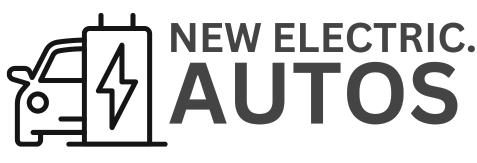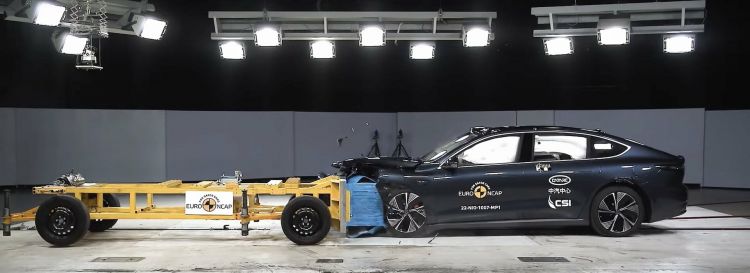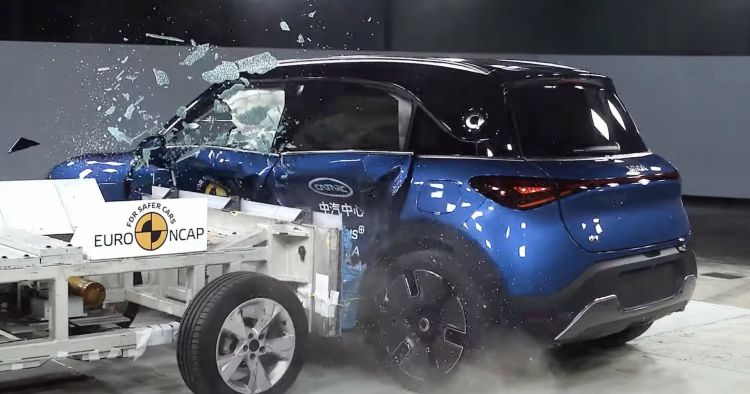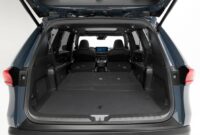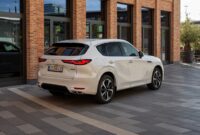When we think of the massive landing that is taking place in Europe with Chinese cars, a question almost certainly comes to mind: are they really safe cars? And it is that once upon a time, when they already tried to deploy in the old continent, the vehicles from China offered a dubious quality and a rather low level of security; Now the situation is quite different. This has been demonstrated once again in the EuroNCAP tests, where models such as the WEY Coffee 02 or the NIO ET7 they got five stars.
And it is that Chinese cars have taken a considerably different initiative by consolidating quality and safety to not only conquer the European public, but also to unseat its most direct rivals with arguments. In addition, to these five-star Chinese products are also added vehicles from European firms but whose gestation takes place in China, this being the case of Smart #1.
China presses with its automobile offensive with more outstanding in terms of safety
In the case of the aforementioned German SUV nwe find you with five stars from EuroNCAP. This has been possible thanks to 96% protection for adults, 89% protection for children, 71% protection for pedestrians and 88% safety by security assistants. And it is that the only thing in which #1 has faltered has been in the protection of the torso and legs for occupants, obtaining an adequate rating in said areas of the body.
The same scenario has lived the lesser known WEY Coffe 02, a plug-in hybrid SUV of segment D which also boasts the five EuroNCAP stars. The result comes from the hand of 94% protection for adults, 87% protection for children, 73% protection for pedestrians and 93% protection by security assistants.
The points where the Chinese SUV is most penalized is in the protection of the torso of both adults and children, the latter being the lowest. And in a very similar situation is the NIO ET7a 100% electric saloon capable of declaring 1,000 kilometers of autonomy that also obtains five stars from EuroNCAP.
This gets the best of the test thanks to 91% protection for adults, 87% protection for children, 73% for pedestrians and 95% by driving assistants. Once again, the Chinese sedan falters in torso protection, being very competent in terms of protection of other areas of the body of its passengers..
And it is that this is how the Chinese automobile industry wants not only to clean up its honor with a consignment of vehicles that, on paper, are very promising. And little by little also on the road as my colleague David Artés demonstrated after taking control of the new WEY Coffee 01. Is this then the end of the hegemony of European cars? Time will tell.
